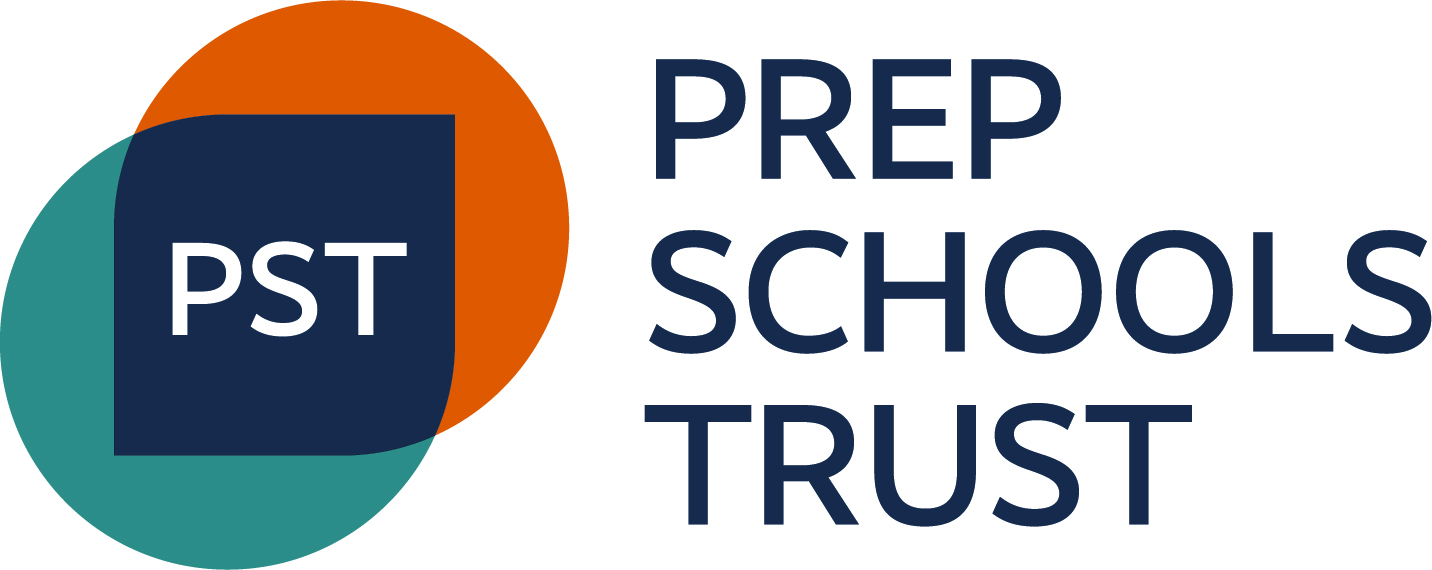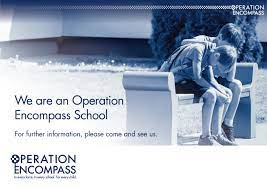Able Gifted & Talented
The School has clear provision for able, gifted and talented pupils. We will aim to create a curriculum of opportunity within the most appropriate learning environment so that all our pupils will progress as rapidly as possible. We aim to create the widest possible variety of learning opportunities which recognise the different individual learning needs of all our pupils, in terms of speed, style, interests and abilities.
We aim to ensure the provision for A G & T pupils in our care through:
-
Access to a range of learning opportunities appropriate to their needs
-
Opportunities to work at higher cognitive levels
-
Opportunities to develop specific skills, talents or abilities
-
A concern for the development of the whole child: social, emotional, moral, physical, creative and spiritual as well as intellectual.
Able pupils
‘Able pupils’ refers to students who achieve, or have the ability to achieve, above average (compared with the attainment of other students in their year group at Mowden Hall) in one or more subject areas.
Gifted pupils
Gifted refers to students who achieve, or have the ability to achieve, significantly above average (compared with the attainment of other students in their year group at Mowden Hall) in one or more of the subjects other than art, performing arts or physical education.
Talented pupils
Talented refers to those students who achieve, or have the ability to achieve, significantly above average in art, performing arts, physical education or in areas requiring visio-spatial skills or practical abilities (these could include a range of non-traditional areas).
According to Renzulli (1986) giftedness not only involves above average ability but also involves task commitment and creativity. Task commitment and creativity have been included for the following reasons:
To identify those who are working within this range, we consider a wide range of evidence.
Do pupils show:
-
the capacity for high levels of interest, enthusiasm, fascination and involvement in a particular problem, area of study, or form of human expression.
-
the capacity for perseverance, endurance, determination, hard work, and dedicated practice. Setting high standards for their work; maintaining openness to self and external criticism; developing an aesthetic sense of taste, quality, and excellence about their own work and the work of others.
-
fluency, flexibility, and originality of thought.
-
openness to experience; are they receptive to that which is new and different (even irrational) in thought, action, and product of themselves and others.
-
curious, speculative, adventurous, and "mentally playful" ideas; they are willing to take risks in thought and action.
-
sensitivity to detail and aesthetic characteristics of ideas and things.
-
willingness to act on and react to external stimulation and their own ideas and feelings.
Gifted/Able/Talented pupils …
-
question readily
-
persevere when motivated
-
think divergently
-
synthesise
-
communicate fluently
-
analyse
-
show creativity
-
engage with complexity
-
perceive patterns
-
grasp new ideas rapidly
-
take risks
-
spot logicalities or inconsistencies
-
make links
-
may underachieve
Bright versus Gifted/Able Learner
|
Able Child |
Gifted Learner |
|
Knows the answers |
Asks the questions |
|
Is interested |
Is highly curious |
|
Has good ideas |
Has a wild, silly idea |
|
Works hard |
Plays around yet tests well |
|
Answers the questions |
Discusses in details, elaborates |
|
Is in top group |
Is beyond the group |
|
Listens with interest |
Shows strong feelings/opinions |
|
Learns with ease |
Already knows |
|
Enjoys peers |
Prefers adults |
|
Grasps the meaning |
Draws inferences |
|
Completes assignments |
Initiates projects |
|
Is receptive |
Is intense |
|
Copies accurately |
Creates a new design |
|
Enjoys school |
Enjoys learning |
|
Absorbs information |
Manipulates information |
|
Technician |
Is an Inventor |
|
Good at memorising |
Good at guessing |
|
Enjoys straightforward sequential presentation |
Thrives on complexity |
|
Is alert |
Is keenly observant |
|
Is pleased with own learning |
Is highly self-critical |
Provision for A G & T Pupils
We provide for our A G & T pupils using a wide variety of methods. At all times, classroom teachers ensure that all children are given work that is suitably challenging, enabling each one to achieve his or her potential. Subject leaders develop schemes of work that outline provision for the most able pupils.
We also look to build explicit enrichment into the day to day life of the school. The purpose of enrichment/extra-curricular provision is to provide opportunities for able pupils to use their skills in areas outside of the national curriculum. Such activities may include: Maths challenges, specific clubs, school productions, theatre visits, creative workshops, inter-house general knowledge quizzes, visiting speakers/authors, lectures and visits to senior schools/universities. We also enter local and national competitions aimed specifically at able students. The options are many and varied.
Within the classroom, subject teachers will develop differentiated tasks, including homework, to include activities that will develop the higher order thinking skills of analysis, hypothesis, synthesis and evaluation. They may deliver tasks that offer choice and negotiation, ensuring that pupils are able to work according to their strengths, interests and abilities. There are ample opportunities for small groups of similar ability children to work together and there is targeted intervention and feedback that offers challenge and extension, and initiates a meaningful dialogue. Throughout the curriculum, we provide opportunities for children to tackle abstract tasks and transitional tasks, involving manipulation and transformation of information. Multi-faceted and divergent tasks, which allow pupils to make connections and move in a range of directions are often highly effective in meeting needs. Open-ended tasks provide opportunities for pupils to gain greater independence and to make significant mental leaps.
The key is that in all instances planning and delivery is bespoke to the child's needs and we are flexibly reflective in our classroom provision for pupils of all abilities.









